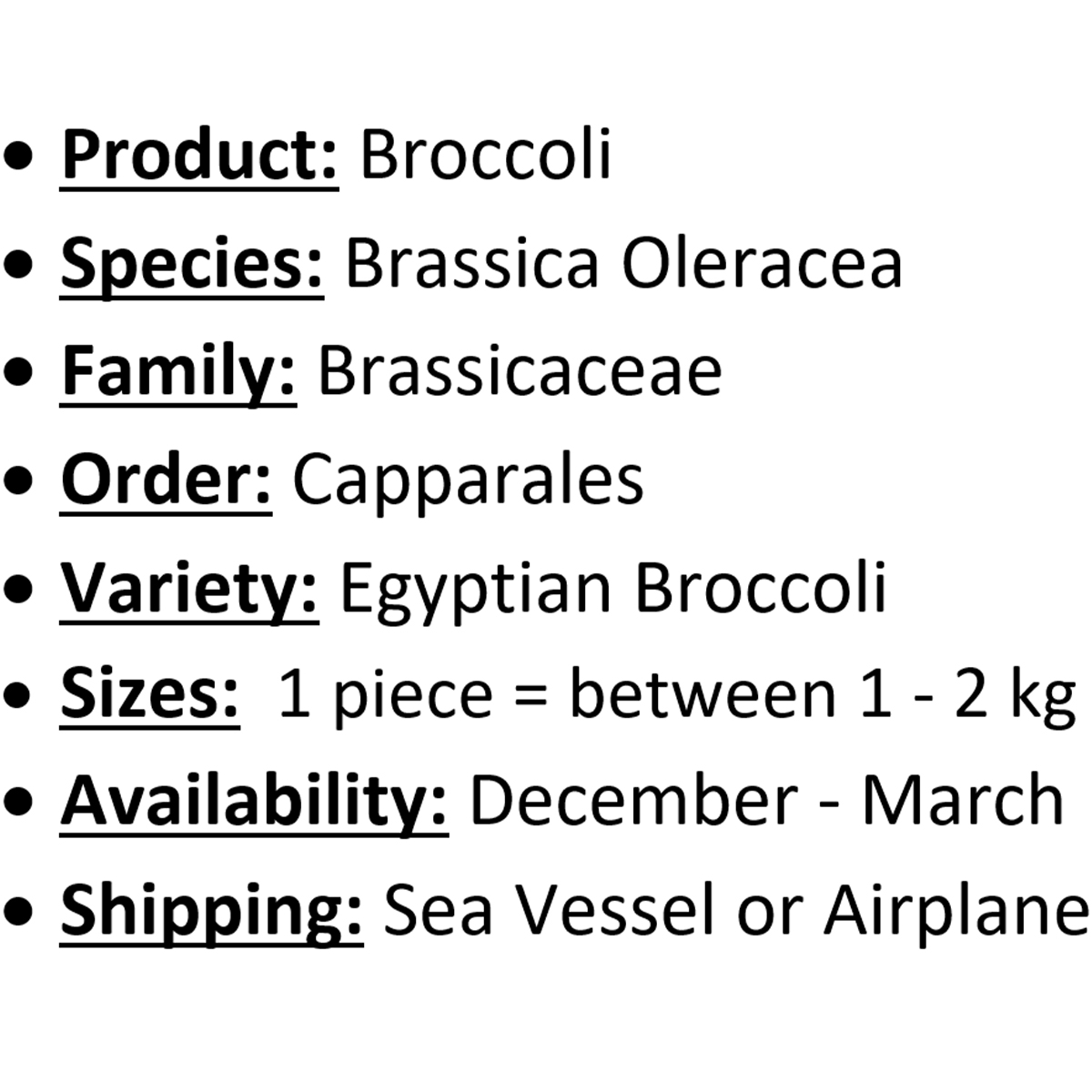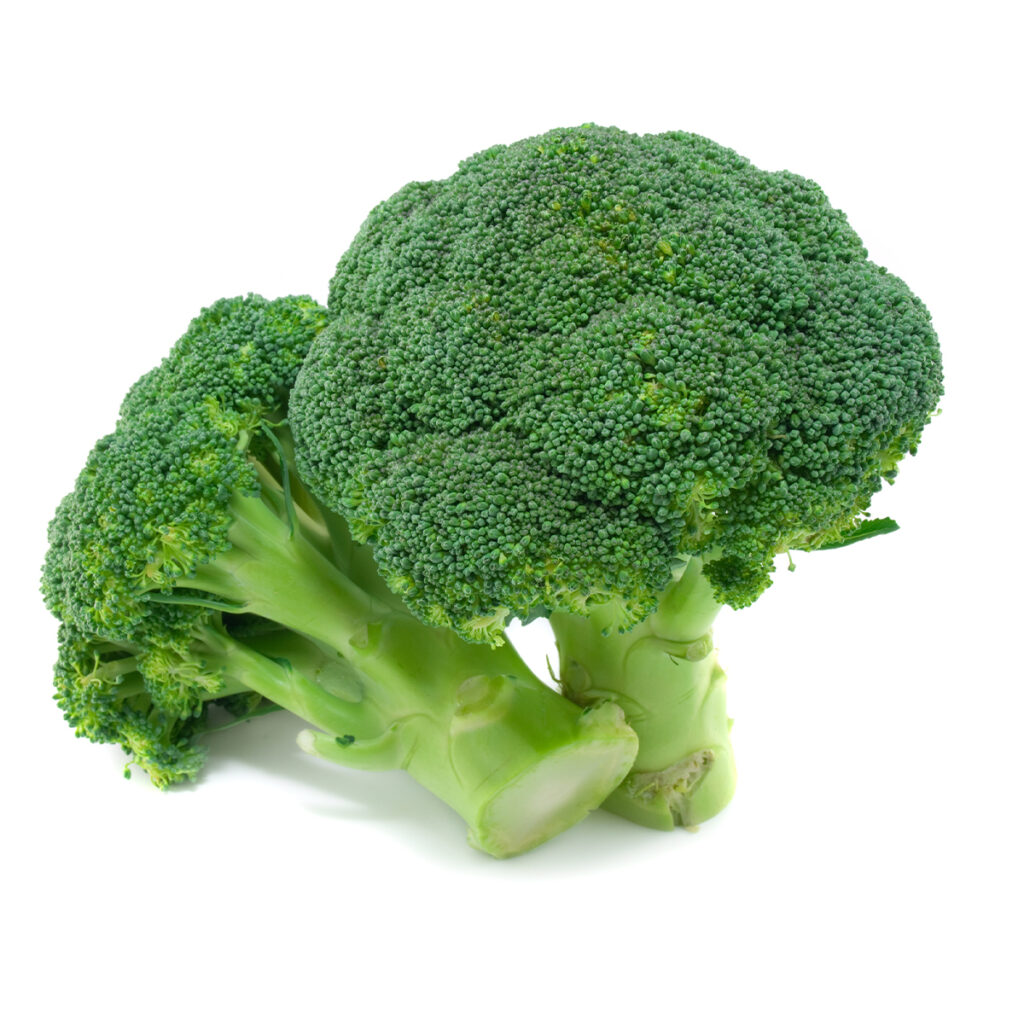

Broccoli is a popular cruciferous vegetable which was originally first cultivated in the Mediterranean region of Europe, then soon after, it spread quickly across the world to become one of the most widely recognized and utilized vegetables. It is coveted as a crucial ingredient in various cuisines across all different cultures; its notoriety spanning across nearly every country and continent.
Aside from its unique and desirable flavor characteristics, broccoli also provides a wide array of health benefits as well due to its important vitamins and minerals and its abundant phytochemical compounds. The high levels of folate, vitamin K, magnesium, potassium, and phytonutrients make broccoli a valuable and nutritious addition to any diet.
The most notable of Broccoli’s phytonutrients are its sulfuorphane, glucosinolates, and isothiocyanates. All of which are sulfur-based compounds that each conduct their own unique and potent detoxification activities, plus they each contribute greatly to the modulation of various endogenous antioxidant systems; drastically increasing the activity and production of the endogenous antioxidant enzymes called glutathione peroxidase and superoxide dismutase.
Broccoli has been scientifically studied extensively for its medicinal healing properties. It has thoroughly displayed its efficacy regarding anticancer intervention though a wide array of preclinical trials and double-blind studies. So there is no doubt that broccoli can be relied upon as a healthy ingredient suitable for almost for any culture or cuisine.
In regards to its taxonomy, the broccoli producing species Brassica Oleracea is a member of the Brassicaceae family, In the order Capparales, under the class Magnoliopsida(dicotyledon), in the subclass Dilleniidae.
